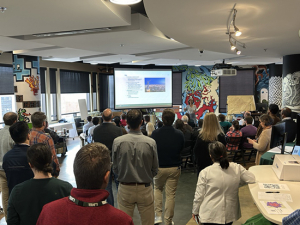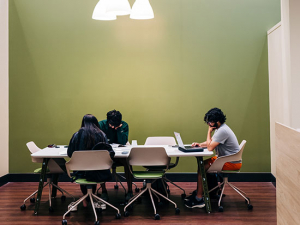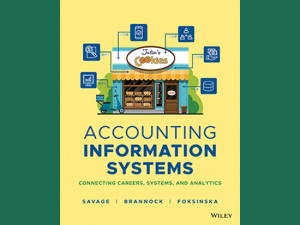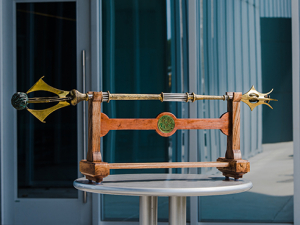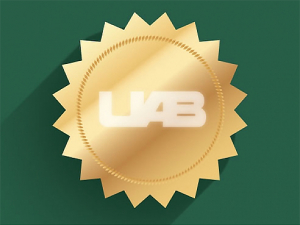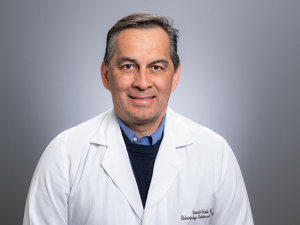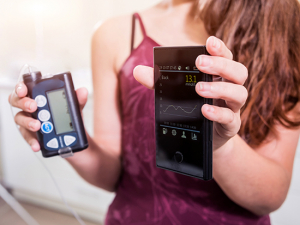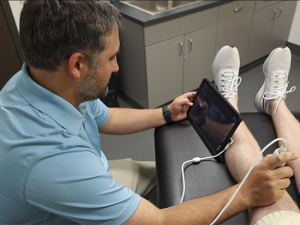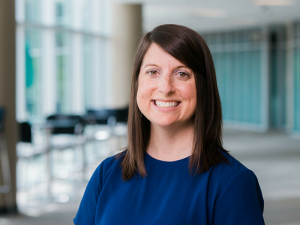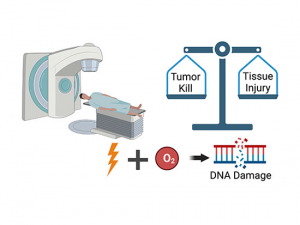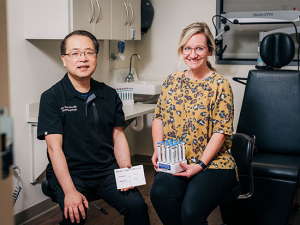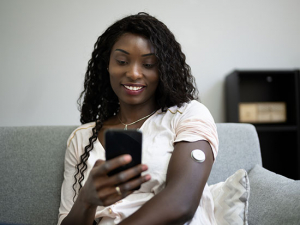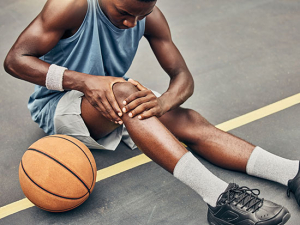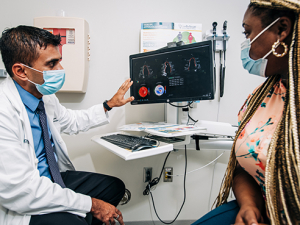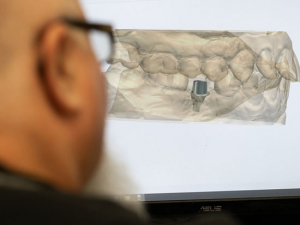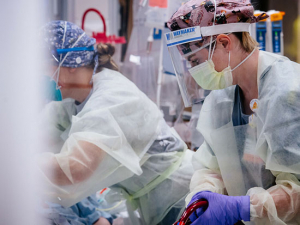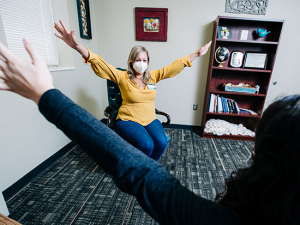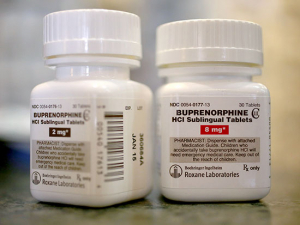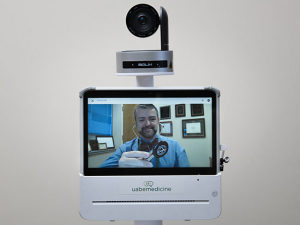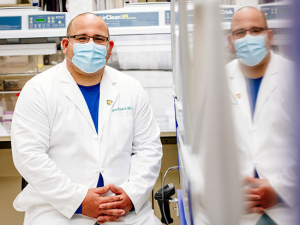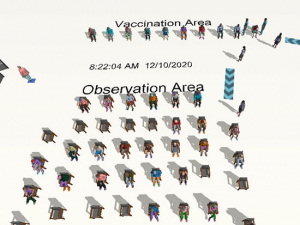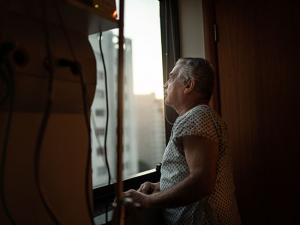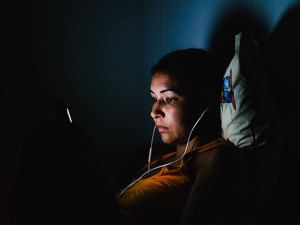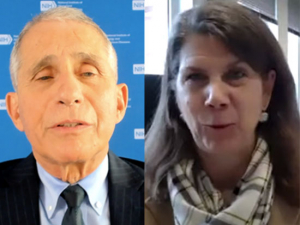Displaying items by tag: department of accounting and finance
Professor Arline Savage, Ph.D., instructor/alum Alicja Foksinska and alum Danielle Brannock emphasize real-world applications, inclusion and insight from fellow Blazers in their new textbook for Wiley.
Collat’s Jamey Worrell handcrafted a new stand for the UAB Mace, using skills taught by his woodworker father and locally sourced wood that represents some of the university’s best qualities: strength, resiliency, knowledge and passion.
Twelve faculty have been selected to receive the President’s Award for Excellence in Teaching, which honors those who have demonstrated exceptional accomplishments in teaching. The 2021 honorees represent each school, the College of Arts and Sciences, the Honors College and the Graduate School.
Pay-to-publish journals are often outright scams and undermine the foundation of legitimate research, says Arline Savage, Ph.D. Here’s how faculty and their departments can defend themselves.
UAB researchers have received funding to investigate the damage caused to the Gulf of Mexico ecosystem after the 2010 BP oil spill.
